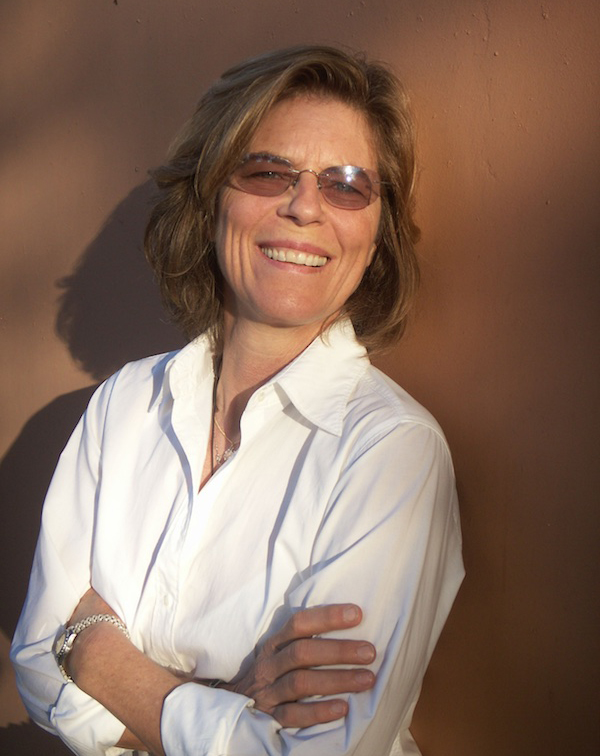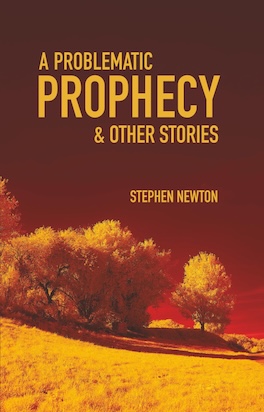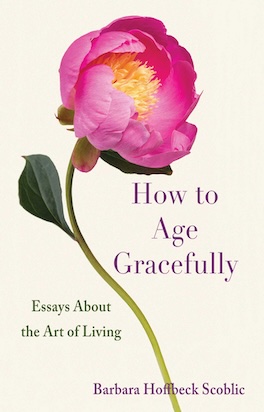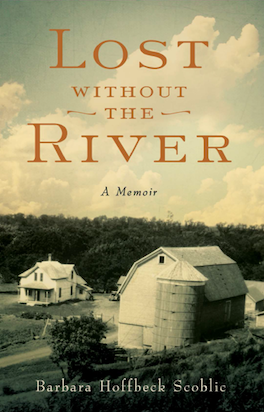
“But the problem with readers, the idea we’re given of reading is that the model of a reader is the person watching a film, or watching television. So the greatest principle is, “I should sit here and I should be entertained.” And the more classical model, which has been completely taken away, is the idea of a reader as an amateur musician. An amateur musician who sits at the piano, has a piece of music, which is the work, made by somebody they don’t know, who they probably couldn’t comprehend entirely, and they have to use their skills to play this piece of music. The greater the skill, the greater the gift that you give the artist and that the artist gives you. That’s the incredibly unfashionable idea of reading. And yet when you practice reading, and you work at a text, it can only give you what you put into it. It’s an old moral, but it’s completely true.”
Murakami. What a complicated and wonderful mind he shares with his readers. He has opened up doors and given me views I never expected to see. Kafka on the Shore and 1Q84 (Vintage International)
Pynchon—I haven’t read the book in decades but when I was nineteen or twenty and read V, afterwards I was a changed person.
W. G. Sebald—especially his book Austerlizt .
Donald Barthleme—Many of his short stories have had a big impact on my understanding of how fictions can reflect the world, fractured perhaps, but still the world, back to its readers.
Robert Coover
Nabokov – Lolita, because it is such a beautifully written book. The depth of empathy brings me back over and over again.
Norman Lewis. His books about traveling make me want to hit the road.
This is an impossible question to answer thoroughly.
Marilyn Robinson—Last year I read and re-read her books. Gilead, Home, and Lila
Cormac McCarthy—Most of his books. The Road. I finished that book and immediately turned back to the first page and began reading it again. I wanted to know, to find out how he made me feel the way that book made me feel. And I wanted to embrace its language, the cadences of the sentences.
Herta Müller — The Appointment. This book certainly deepened my understanding about the world.
HHhH: A Novel by Laurent Binet
Middlemarch by George Elliot
The Berlin Stories by Christopher Isherwood
At this very moment I am reading Sapiens: A Brief History of Humankind by Yuval Noah Harari.
On my to read list:
Angel of Oblivion by Maja Haderlap
Missing Person by Patrick Modiano
The Museum of Unconditional Surrender by Dubravka Ugresic






2 comments
What a wonderful interview–I felt as if we were talking together. I am unfamiliar with many of your favorite books, and now have a new list to explore. Thank you for that. I know how hard it is to choose the books that have left an impression on us. (I recently did an interview with Sandy, and I felt the same way!). But I certainly related to your childhood memory of your mother reading to you and your brother…sitting side by side, the sound of her voice, even the blanket on the bed. It gave me such a warm and familiar picture of you and was an insight into the person beneath the writer, which I love. I am looking forward to reading your novellas.
It’s one thing to read interviews like this in the New York Times Book Review—interviews of far-off authors who seem to live in another world—but quite another to hear from someone I know and respect. An academic myself (biology), I worked for 42 years at a liberal arts college, and yet I know far too little about the world in which Mona lives and works. The rich intellectual life that Mona tells us about inspires me to use my remaining years on Earth judiciously.
Comments are closed.